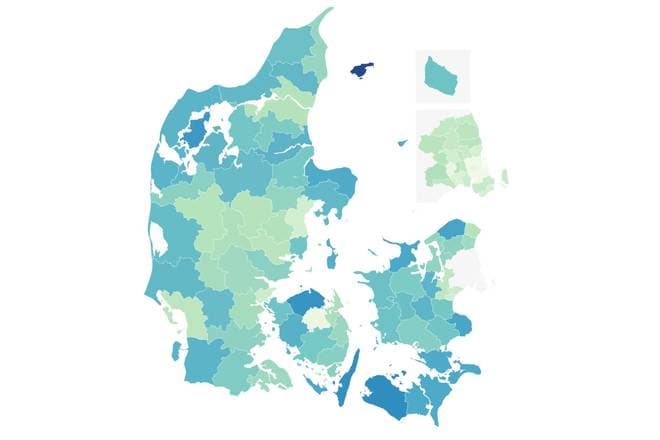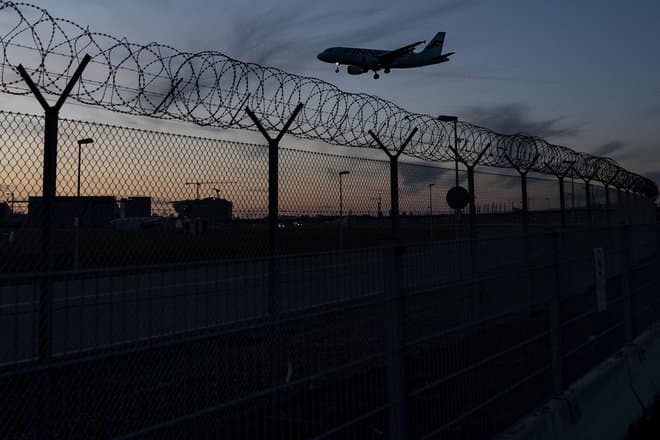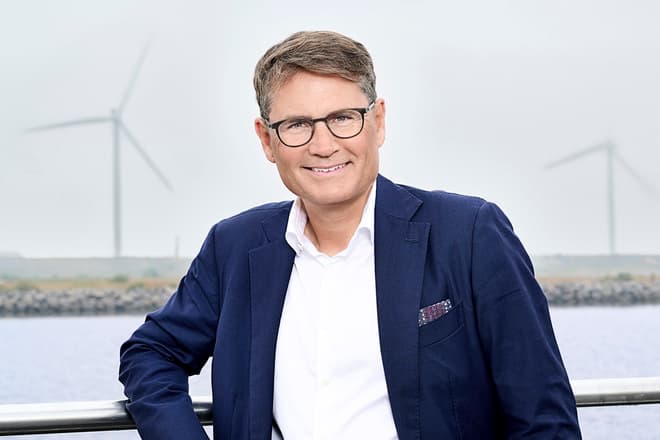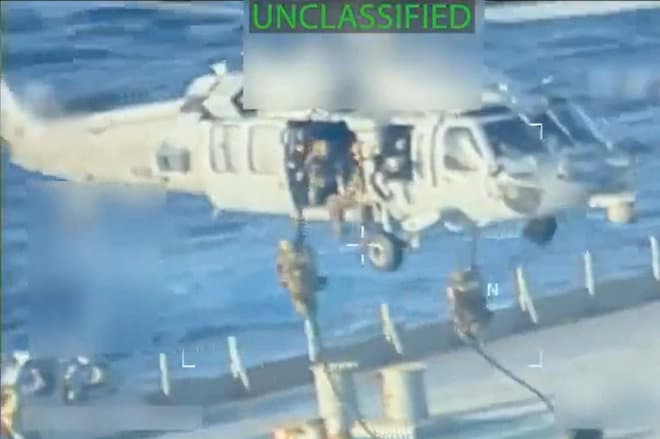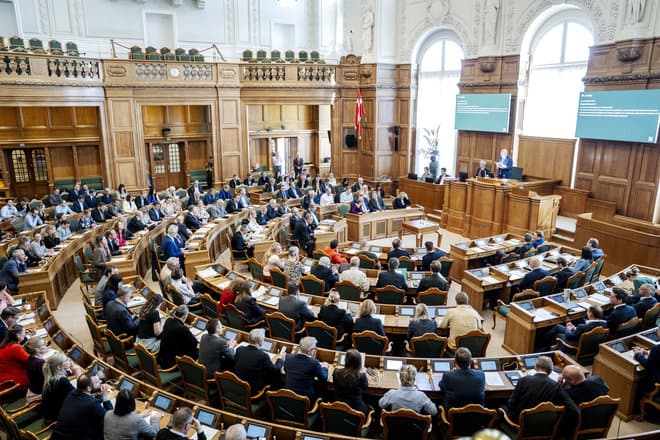
Denmark has set up negotiations for an initiative to stop the transport of sanctioned Russian oil through the Baltic Sea. This was announced by Foreign Minister Lars Løkke Rasmussen (M) to Information and Danwatch.
The tankers that transport the oil constitute the so-called shadow fleet, which seems to be growing every day - and which Russia uses to circumvent sanctions on oil exports.
- We have gathered a group of countries from Denmark to look at the possibilities for further measures against the shadow fleet. It is important that all new measures can be implemented in practice and are legally viable, Lars Løkke Rasmussen tells the media.
A number of media outlets have previously described challenges with the shadow fleet. The ships are generally old and worn out and sail through Danish waters. They often have unknown insurance and ownership and are used by Russia to circumvent international sanctions because they cannot be traced back to Russia.
Taking challenges seriously
Lars Løkke Rasmussen will not elaborate on what the new measures will entail, but he "takes the challenges with the shadow fleet very seriously", it says.
Denmark is in ongoing "confidential dialogue" with the other countries around the Baltic Sea and the EU, the Foreign Minister says. He does not want to state which countries will try to curb the shadow fleet. He also does not state when the initiative is expected to be negotiated in place.
In early May, a spokesperson for the Russian Foreign Minister stated that "any Danish measure that restricts Russian ships in the Baltic Sea will be seen as hostile and will lead to retaliation". Reuters wrote. At the time, Lars Løkke Rasmussen took the Russian report in stride, he stated in a written response to Ritzau.
- We will of course always abide by international laws and regulations and the obligations that follow from this. Exactly as we expect Russian ships to do, he said.
Ships reject Danish navigation assistance
In March, it was reported that at least 15 Russian tankers with oil on board had refused Danish assistance to navigate them through Danish waters since the New Year - contrary to international recommendations. The Danish Defence monitors ship traffic in Danish waters.
In December, the Defence wrote on its website that Russian warships and submarines often pass through Danish waters. This is due, among other things, to the size of the ships. Warships from the Russian Northern Fleet are forced to sail down the Norwegian coast and via the Danish straits to get to St. Petersburg. Smaller ships, on the other hand, can sail through internal Russian waterways to St. Petersburg - for example from the White Sea.
It is normal procedure for the Danish Defence to follow their movements in Danish waters. In this connection, the Danish Defence described how two of the Navy's ships had followed two Russian corvettes south through the Great Belt.
Vessels from all nations - including Russia - have the right to sail through Danish waters, as long as they comply with the basic law of the sea, the Convention on the Law of the Sea.
/ritzau/
Text, graphics, images, sound, and other content on this website are protected under copyright law. DK Medier reserves all rights to the content, including the right to exploit the content for the purpose of text and data mining, cf. Section 11b of the Copyright Act and Article 4 of the DSM Directive.
Customers with IP agreements/major customer agreements may only share Danish Offshore Industry articles internally for the purpose of handling specific cases. Sharing in connection with specific cases refers to journaling, archiving, or similar uses.
Customers with a personal subscription/login may not share Danish Offshore Industry articles with individuals who do not themselves have a personal subscription to Danish Offshore Industry.
Any deviation from the above requires written consent from DK Medier.


